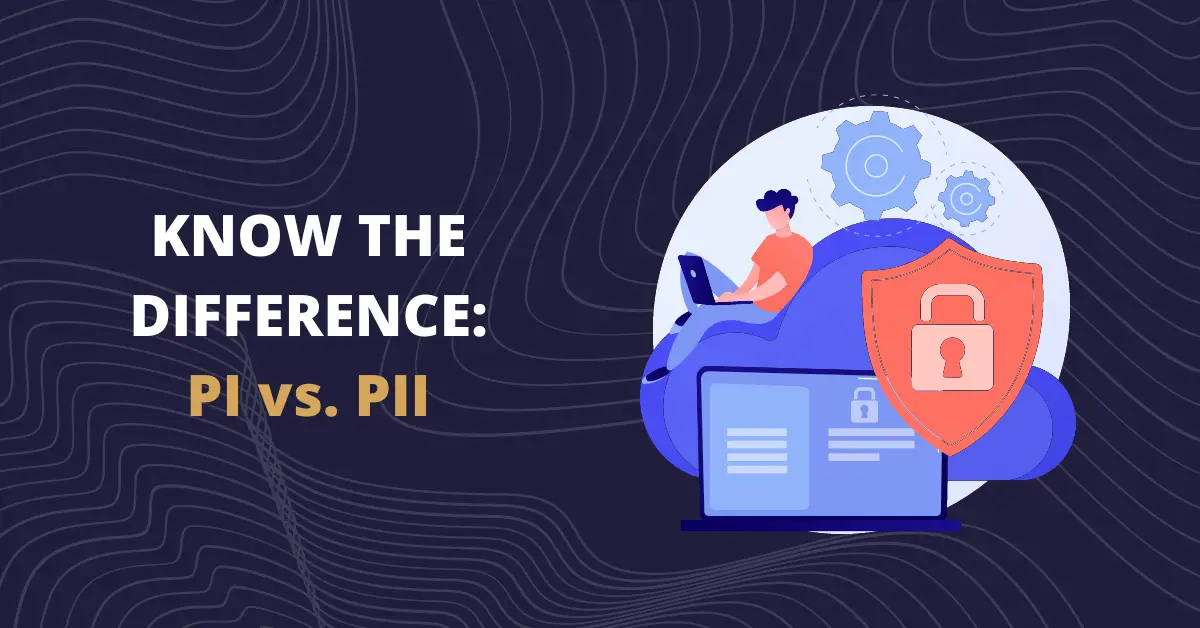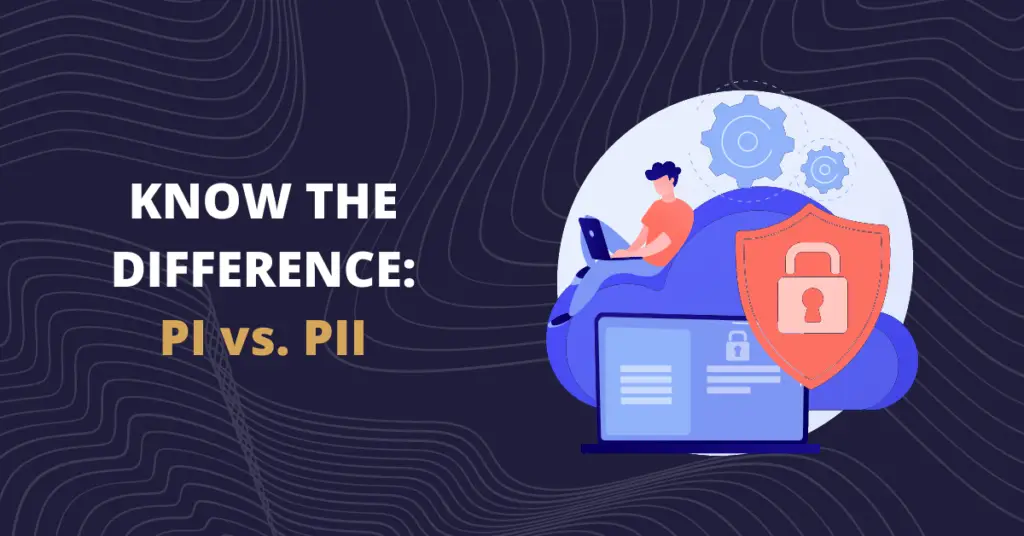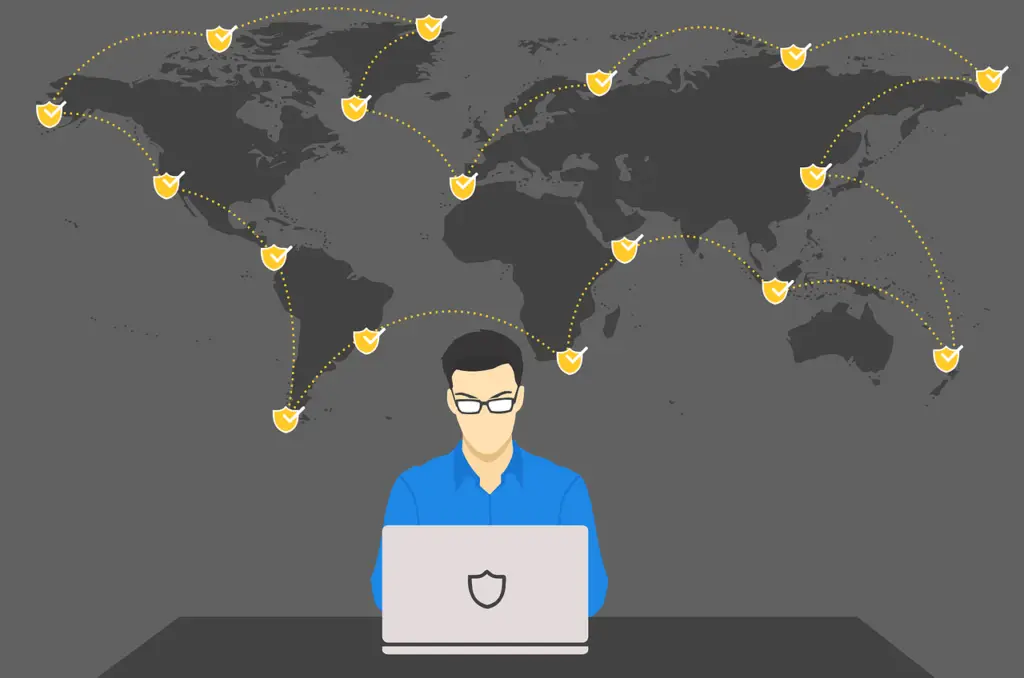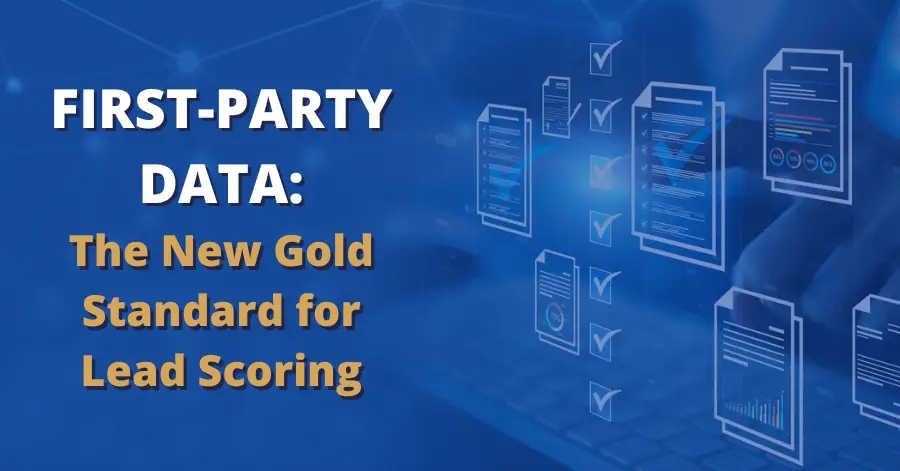Know the Difference: PI vs PII


In today’s digital age, businesses must navigate a complex landscape of data privacy regulations and strive for constant compliance. One crucial aspect of this is understanding the terminology and definitions behind data privacy compliance. Two terms that are commonly used in this context are Personally Identifiable Information (PII) and Personal Information (PI), and there’s also a subcategory of PI, “sensitive information”. While these terms may seem similar at first glance, they have distinct meanings and implications for data privacy and business owners must have a clear understanding of these terms in order to ensure compliance with data privacy regulations.
Personal Data
First, let’s define the umbrella term “personal data”. Depending on the jurisdiction, personal data can refer to any digital or analog information that can be used to identify a specific person. This can include a person’s name, address, email address, IP address, phone number, social security number, banking information, and more. However, the definition of personal data can vary geographically and legally, so businesses must give careful consideration to how they interpret it.
PI: Personal Information
PI, on the other hand, refers to any information related to a living individual, whether it distinguishes them from another individual or not. It’s a broader term than PII. For example, the name Jane Smith is considered personal information, but it isn’t PII since there are many Jane Smiths out there.
Sensitive information is a subcategory of PI, it refers to information that is considered more sensitive, such as medical or financial information.
PII: Personally Identifiable Information
PII, on the other hand, consists of any information about a person that can trace or distinguish their identity. This includes information that can be linked to them, such as medical, financial, or employment data. Examples of PII include name, email, phone number, Social Security number, and so on. PII is often used to differentiate one person from another.
From a business perspective, PII is considered more valuable and targeted by cybercriminals, and as such, it is subject to stricter regulations. PII is typically considered to be confidential and as such, businesses must take extra care in protecting it. PI, on the other hand, is not as sensitive, and while it still requires protection, it may not be subject to the same level of regulation as PII.
It’s also important to note that the definition of PII can vary depending on the data privacy regulations in place. For example, the General Data Protection Regulation (GDPR) defines PII more broadly than other regulations.

Understanding PI vs. PII
In order to ensure compliance with data privacy regulations, businesses must have a clear understanding of the definitions and implications of PII, PI, and sensitive information. It’s important to remember that businesses are responsible for protecting personal data and must take appropriate measures to ensure that personal data is secure and that individuals’ rights are respected. If you’re looking for help handling PII and PI, contact us and we will be happy to help.





